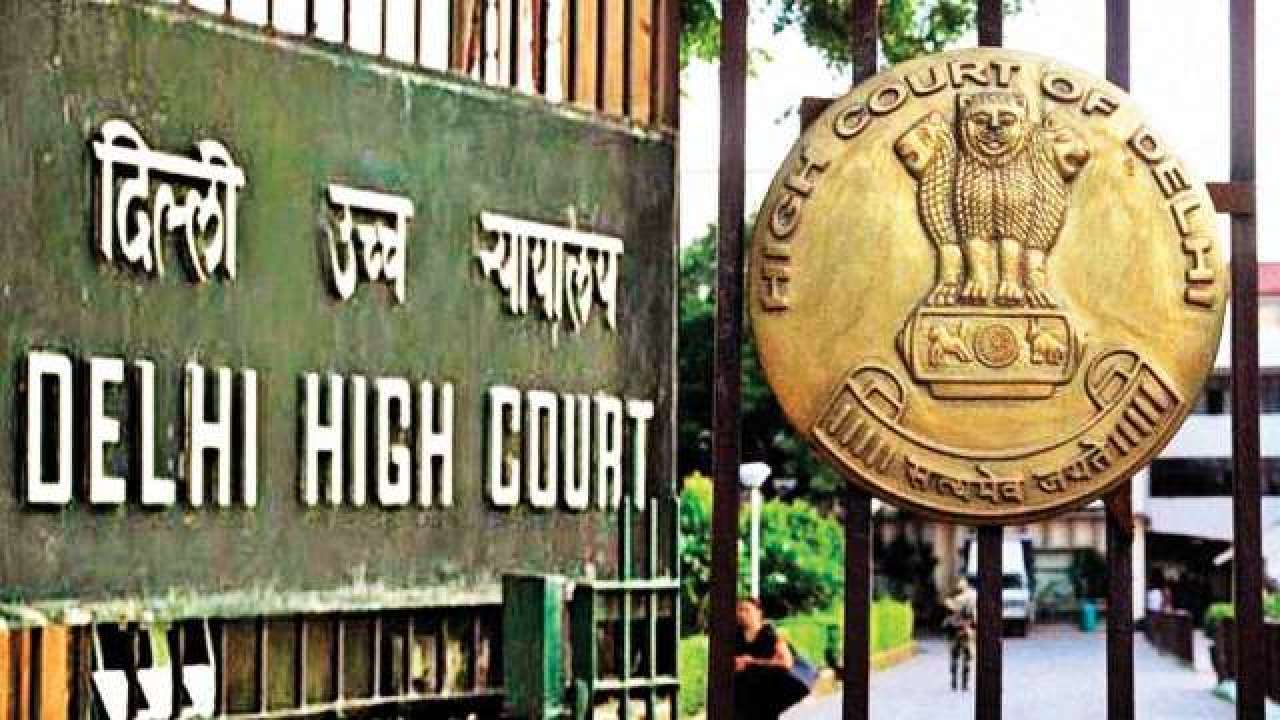On hearing various petitions praying for recognition of same-sex marriages under the Citizenship Act, Special Marriage Act and Foreign Marriage Act, the Delhi High Court has issued a notice to the Centre for the recognition of same-sex marriages.
Facts of the Case
The petitioner Joydeep Sengupta, a Canadian citizen and an Overseas Citizen of India cardholder, and his partner Russell Blaine Stephens filed a petition praying for a declaration stating,
“a spouse of foreign origin of an Indian Citizen or Overseas Citizen of India cardholder is entitled to apply for registration as an Overseas Citizen of India under the Citizenship Act regardless of the gender, sex or sexual orientation of the applicant spouse.”
Similar pleas filed for recognising same-sex marriages, in Abhijit Iyer Mitra & Ors. v. Union of India, Dr. Kavita Arora & Anr. v. Union of India, Vaibhav Jain & Anr. v. Union of India and Udit Sood & Ors. v. Union of India, were adjourned by the Delhi High Court by stating “nobody is dying because they don’t have marriage certificates.” The petitions sought recognition of same-sex marriages under the Hindu Marriage Act, 1955; the Special Marriage Act, 1954 and the Foreign Marriage Act, 1969.

Arguments by the Parties
The petitioner contended that Section 7A (1)(d) of the Citizenship Act, 1955 does not distinguish between a heterosexual or homosexual and hence a person married to an Overseas Citizen of India should be eligible to apply as a spouse for an Overseas Citizen of India card. It was also stated that excluding same-sex couples from the purview of the Foreign Marriage Act was violative of Article 14 of the Constitution of India.
In similar other pleas, the counsel appearing for the petitioner highlighted the need to have a marriage certificate especially with regard to receiving treatment at hospitals. It was also contended that excluding same-sex couples from the purview of the Special Marriage Act was violative of Articles 14, 15, 19, and 21 of the Constitution of India. Opposing the recognition of same-sex marriage, the Centre submitted that
“the acceptance of the institution of marriage between two individuals of the same gender is neither recognized nor accepted in any un-codified personal laws or any codified statutory laws.”
The Centre stated that the decriminalization under Section 377 of Indian Penal Code, 1860, was limited to “a particular human behaviour” but “neither intended to, nor did in fact, legitimize the human conduct in question.” Additionally, the Centre stated that “marriage is considered as a sacrament in India,” and allowing same-sex marriage would jeopardize the present situation.
Observations of Delhi High Court
The Centre had earlier submitted that “formal approval of marriage is a matter that has to be determined by the Government and not the Judiciary.”
The Court heard the present matter and the division bench constituted by Chief Justice D.N. Patel and Justice Jyoti Singh issued a notice to the Centre seeking recognition of same-sex marriage under the Citizenship Act, Special Marriage Act and the Foreign Marriage Act.
Decision of Delhi High Court
The Court issued a notice to the Centre and has sought responses from the Ministry of Home Affairs, Ministry of External Affairs and the Consulate General of India, New York. The matter has been listed for hearing on August 27th along with other petitions.

